The concept of digital nomadism, where individuals can work remotely while traveling the world, has gained immense popularity in recent years. As more people seek flexibility and freedom in their work arrangements, several countries have responded by introducing digital nomad visas. These visas allow individuals to live and work in a foreign country for an extended period, and some of them also provide Digital Nomad Visa for family members, providing an opportunity to experience new cultures while maintaining their careers. Let’s explore 11 countries that offer digital nomad visas, along with their requirements, benefits, and unique features.
Estonian Digital Nomad Visa – The E-Residency Hub
Estonia, known for its digital advancements, has introduced an innovative digital nomad visa program called the E-Residency Hub. This program allows remote workers to work and reside in Estonia for up to a year.
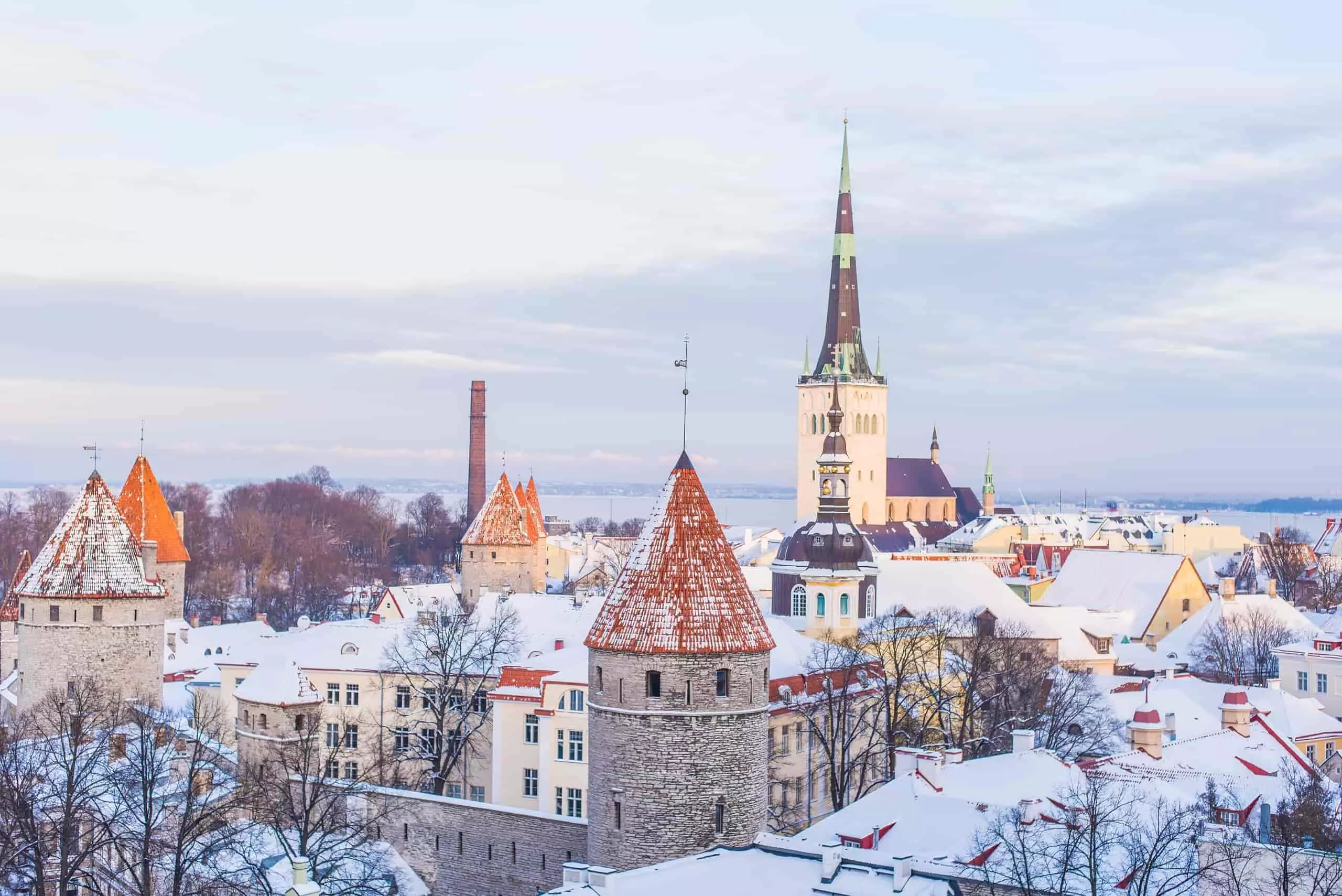
The requirements include having a location-independent job and health insurance coverage. E-Residents can also set up an Estonian company online, providing opportunities for business ventures.
Portugal – The D7 Visa
Portugal offers the D7 Visa, which is ideal for digital nomads who wish to stay for an extended period. To qualify, applicants must demonstrate sufficient funds to support themselves and have valid health insurance.
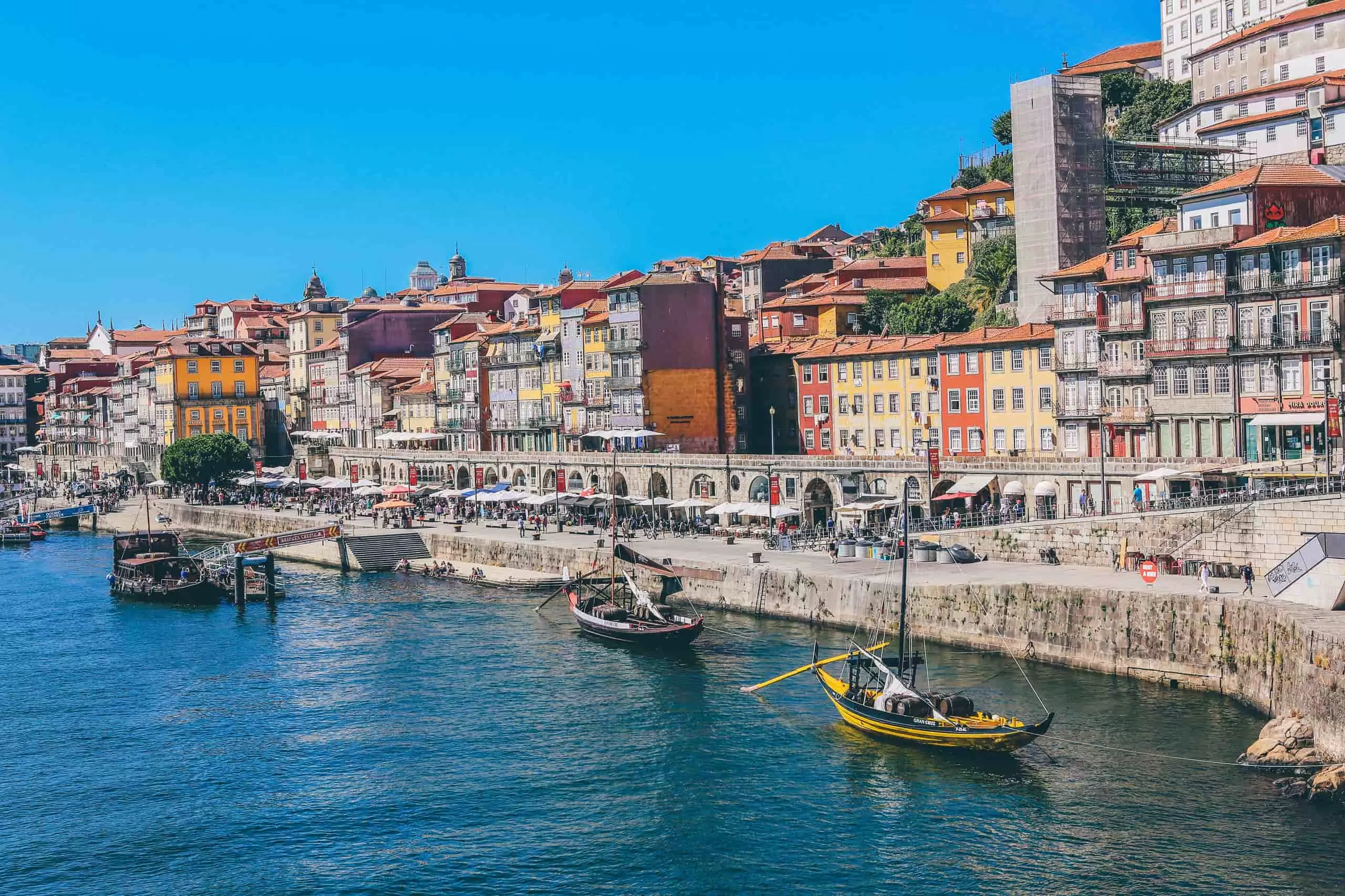
Portugal’s D7 Visa also allows for family reunification, making it an attractive option for those who want to bring their loved ones along.
Germany – The Freelance Visa
Germany’s Freelance Visa is suitable for self-employed digital nomads. It requires proof of sufficient funds and a viable business plan.

This visa allows freelancers to live and work in Germany for up to three years. Providing access to the country’s robust economy and cultural heritage.
Barbados – The Welcome Stamp
Barbados offers the Welcome Stamp visa, which allows digital nomads to stay for up to a year in this stunning Caribbean destination.
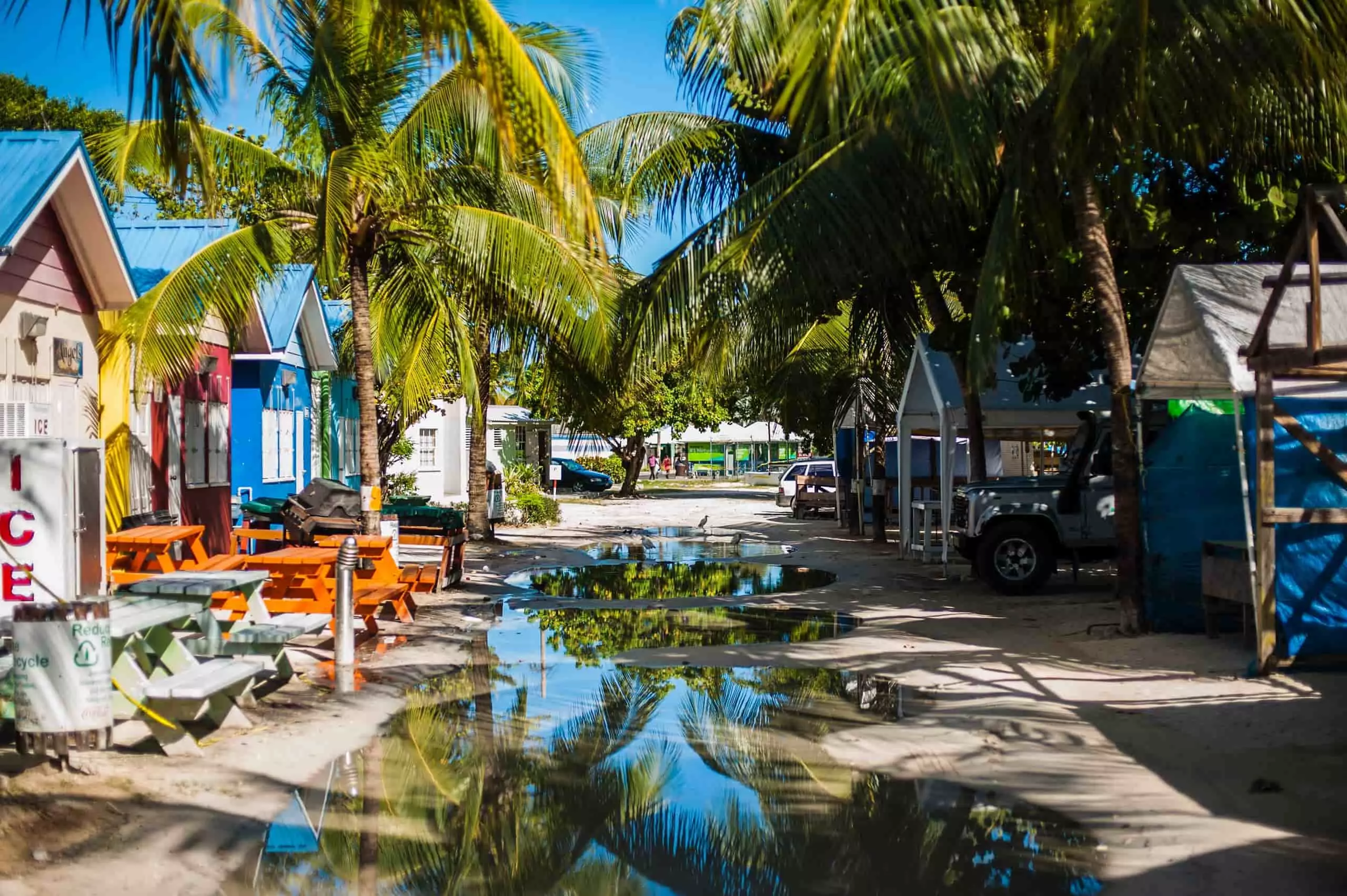
The requirements include having a job outside of Barbados and valid health insurance. Barbados offers a relaxed lifestyle, beautiful beaches, and a low cost of living. Making it an attractive option for remote workers.
Costa Rica Digital Nomad Visa – The Rentista Visa
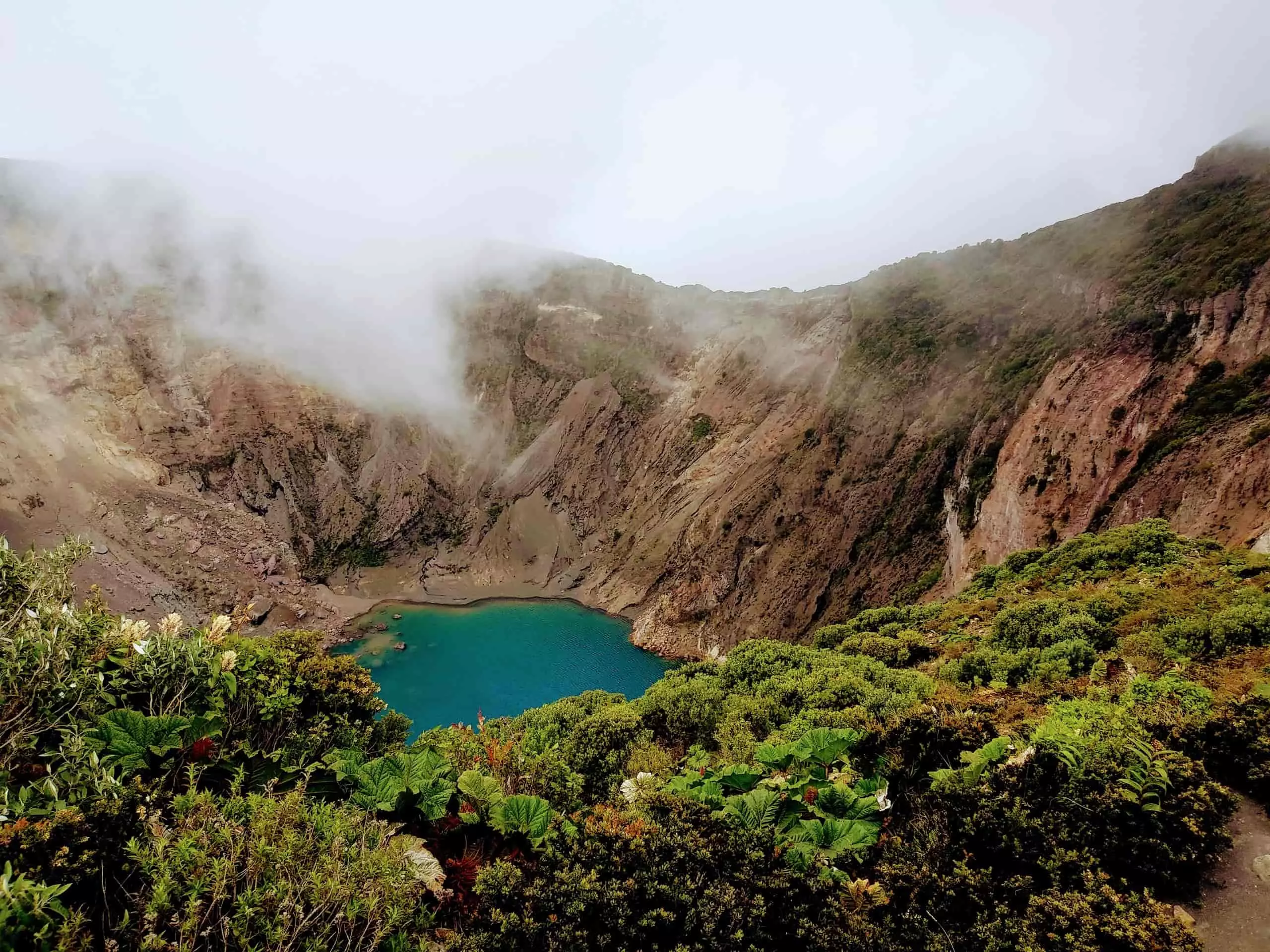
This Visa is designed for digital nomads who have a stable income from abroad. Applicants must prove a monthly income of at least $2,500 and purchase local health insurance.
Costa Rica’s rich biodiversity, warm climate, and welcoming culture make it a popular destination for remote workers seeking a tropical paradise.
Mexico – The Temporary Resident Visa
Mexico offers a Temporary Resident Visa for digital nomads, which allows them to stay for up to four years. Applicants must demonstrate sufficient income and obtain health insurance coverage.
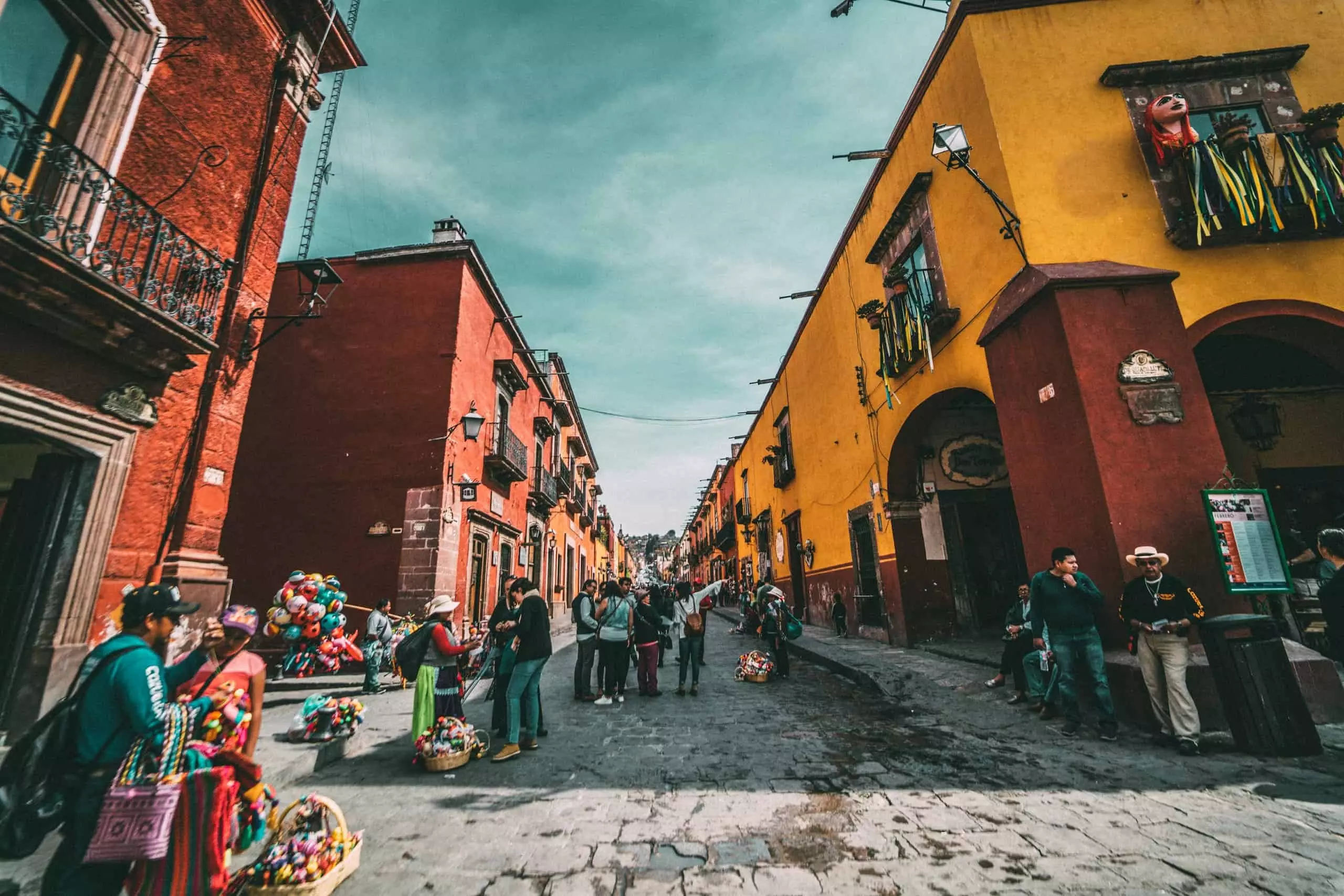
Mexico’s diverse culture, beautiful beaches, and affordable cost of living make it a popular choice for digital nomads.
Georgia – The Remotely from Georgia Visa
Georgia’s Remotely from Georgia Visa is designed for digital nomads who want to experience the rich history and culture of this Eastern European gem. The visa allows for stays of up to one year and can be renewed. Applicants must have a remote job and valid health insurance.
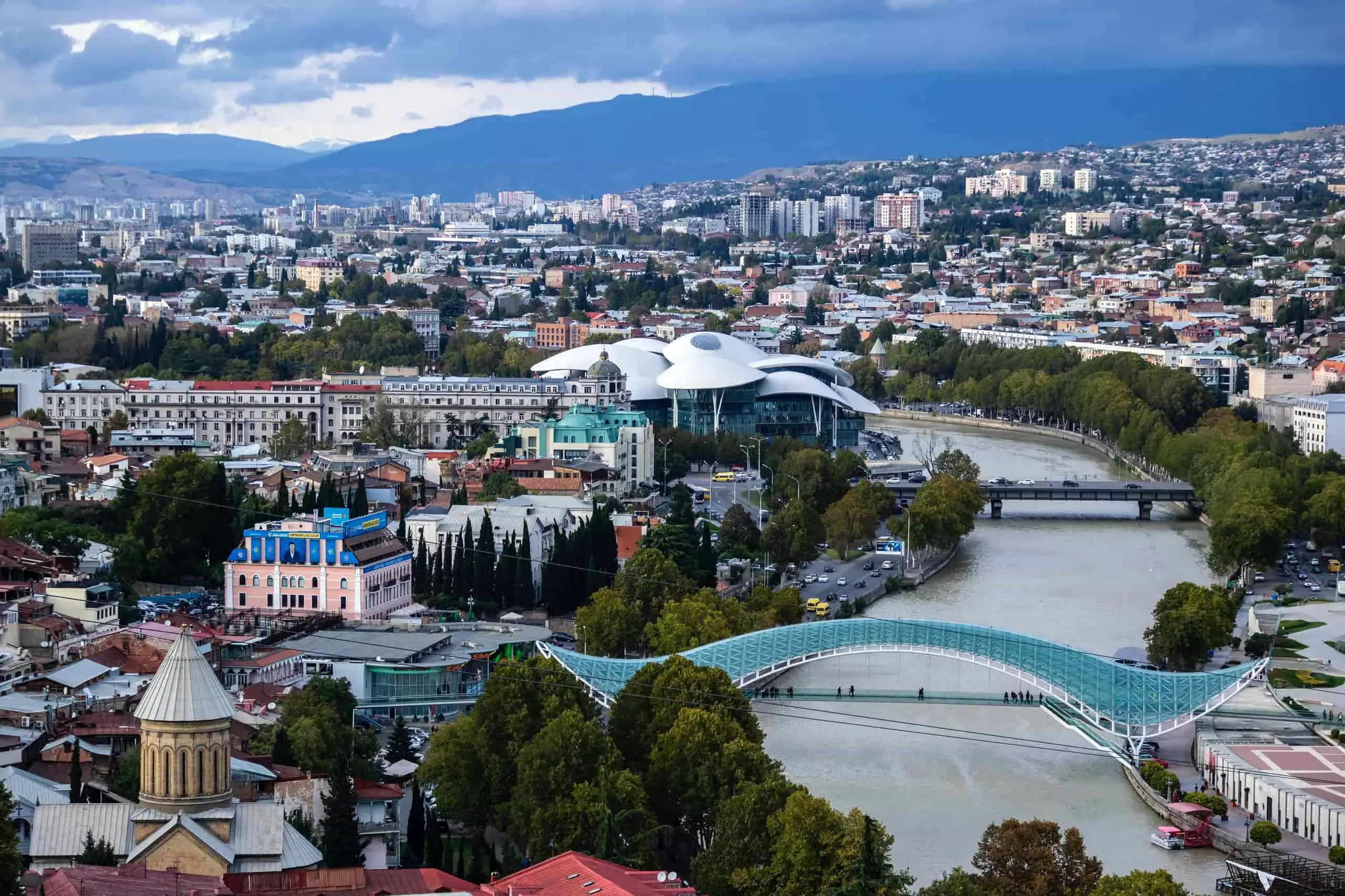
Georgia’s affordable cost of living, stunning landscapes, and warm hospitality make it an excellent option for remote workers seeking a unique experience. Georgia also offers Digital Nomad Visa for family members.
Thailand – The Smart Visa
Thailand’s Smart Visa is targeted toward digital nomads in specific industries, including technology, health, and tourism. The visa allows for stays of up to four years and provides various benefits. Such as access to government services and no work permit requirement.
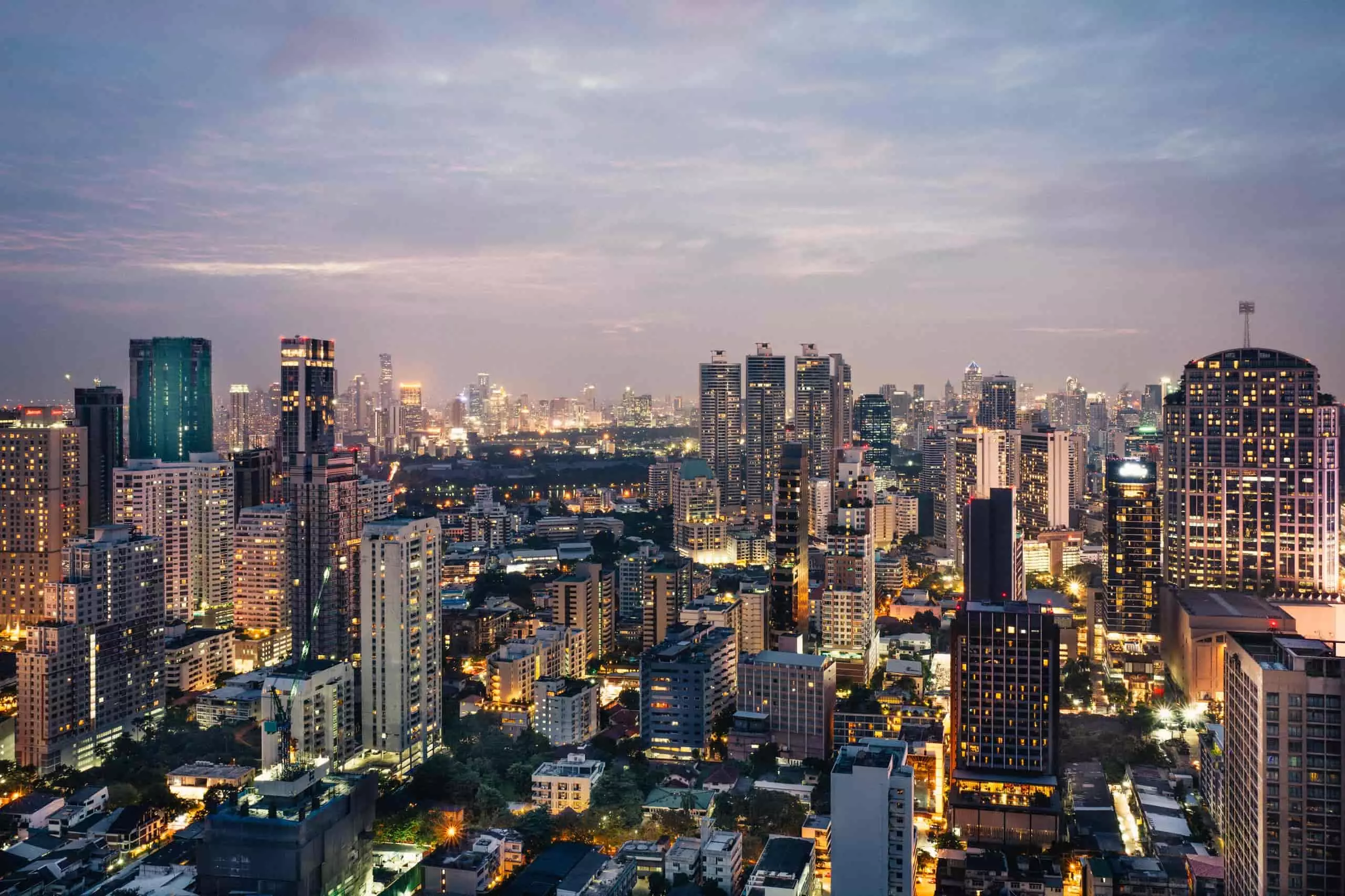
Thailand’s beautiful beaches, rich culture, and delicious cuisine make it an attractive destination for remote workers.
Japan – The Specified Skilled Worker Visa
Japan’s Specified Skilled Worker Visa is aimed at professionals in specific industries, such as healthcare, construction, and hospitality. The visa allows for stays of up to five years and provides opportunities to work in Japan while experiencing its unique culture and traditions.

Applicants must have a job offer from a designated Japanese employer and meet certain skill and language requirements. Japan’s cutting-edge technology, rich history, and unmatched hospitality make it an exciting destination for digital nomads seeking a blend of modernity and tradition.
Mauritius – The Premium Travel Visa
Mauritius offers the Premium Travel Visa, which is designed for digital nomads seeking a tropical paradise. The visa allows for stays of up to one year and provides access to various facilities, including accommodations, health services, and leisure activities.

Mauritius’ pristine beaches, lush greenery, and vibrant culture make it an ideal destination for remote workers looking to combine work and leisure in a stunning setting.
Dubai – The Remote Work Visa
Dubai’s Remote Work Visa is a unique program that allows digital nomads to work and live in one of the most cosmopolitan and dynamic cities in the world. The visa allows for stays of up to one year and provides access to world-class amenities and facilities.

Applicants must have a job with a company based outside of the UAE and health insurance coverage. Dubai’s modern skyline, luxurious lifestyle, and diverse cultural experiences make it an enticing option for digital nomads who seek a fast-paced, cosmopolitan environment. Dubai also offers Digital Nomad Visa for family members.
Digital Nomad Visa Requirements
While the specific requirements for digital nomad visas may vary from country to country, some common requirements include:
Proof of remote job: Most digital nomad visas require applicants to provide evidence of a remote job with an employer outside the host country. This may include employment contracts, letters from employers, or proof of self-employment.
Adequate funds: Applicants may need to demonstrate sufficient financial resources to support themselves during their stay. This may include bank statements, investment portfolios, or proof of regular income.
Health insurance: Many digital nomad visa programs require applicants to have valid health insurance coverage for the duration of their stay. This ensures that remote workers have access to necessary healthcare services while abroad.
Clean criminal record: Some countries may require applicants to provide a police clearance certificate or a statement of no criminal record.
Digital Nomad Visa with Family
Several countries with digital nomad visas allow for family reunification, allowing digital nomads to bring their families along. Requirements for family members may vary depending on the country.

But generally, they may need to provide proof of relationship (such as marriage or birth certificates), health insurance coverage, and other relevant documents. It’s important to review the specific requirements and limitations of each country’s digital nomad visa program regarding family members.
Bali Digital Nomad Visa
Bali, a popular destination for digital nomads, does not currently have a specific digital nomad visa program. However, Indonesia does offer a social/cultural visa (also known as a “social budaya” visa) that can be utilized by digital nomads to stay in Bali for up to six months.

The requirements for the social/cultural visa include a sponsor in Indonesia, a letter of invitation, and other relevant documents. It’s essential to review the latest regulations and requirements for staying in Bali as a digital nomad and to comply with Indonesian immigration laws.
Conclusion
Digital nomad visas have emerged as a viable option for remote workers seeking to live and work in foreign countries. These visas provide opportunities to experience new cultures, expand horizons, and maintain a flexible work-life balance. From Europe to the Caribbean, Asia to Africa, and beyond, numerous countries have introduced digital nomad visa programs with varying requirements and benefits. As a digital nomad, it’s crucial to research and understand the specific requirements of each country’s program. Plan accordingly and comply with local laws and regulations. With careful planning and preparation, digital nomads can take advantage of these visa programs to explore new destinations. Immerse themselves in different cultures, and continue their remote work while enjoying the benefits of living abroad.
However, it’s important to note that digital nomad visas are subject to change, and it’s essential to stay updated with the latest regulations and requirements of each country’s program. It’s also crucial to respect the local laws, customs, and cultures of the host country and be mindful of the responsibilities and obligations of living and working in a foreign land.
See also: Family Reunion Visa of Italy




